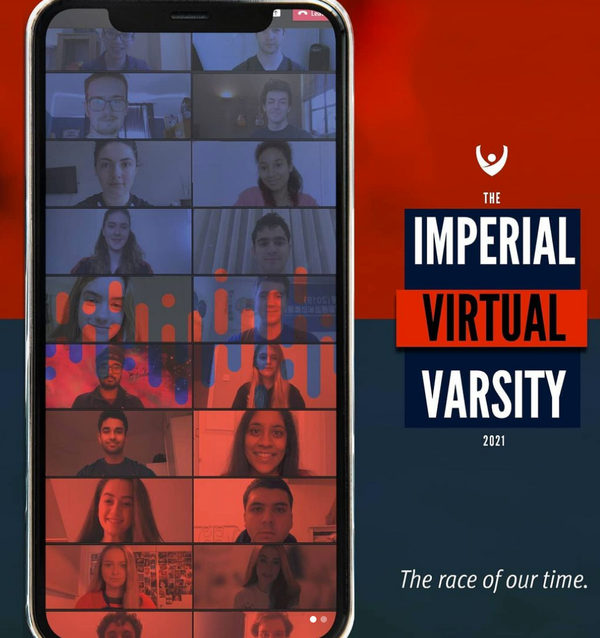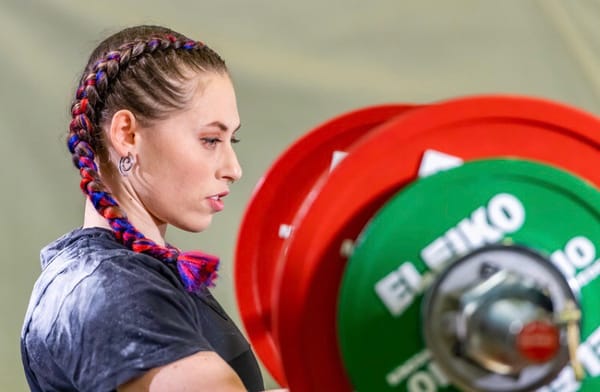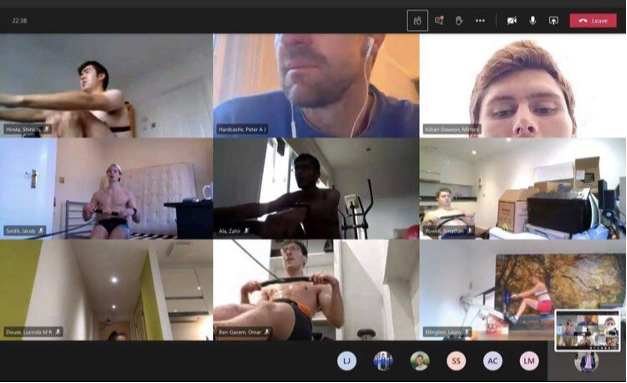Imperial's Jamie Kirkwood wins place in high selective program
Jamie Kirkwood, Imperial Rowing's Assistant Coach, is one of 26 coaches to be selected for the High-Performance Coach Apprenticeship
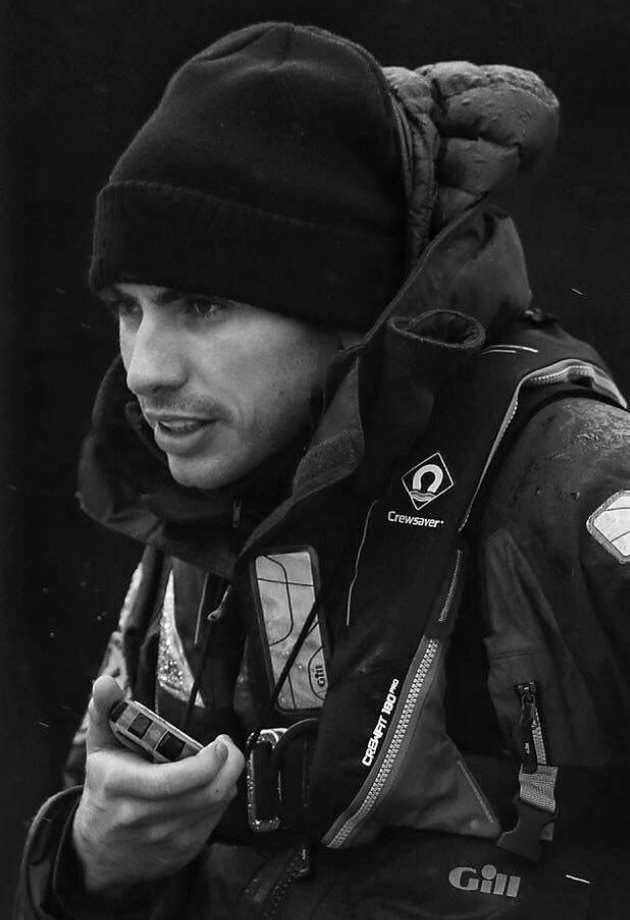
Move Imperial recently posted a picture of Jamie Kirkwood, the assistant rowing coach at Imperial, congratulating him on being selected in UK Sport’s new High-Performance Coach Apprenticeship (HiCAP). He is one of twenty six coaches across sixteen sports to be chosen in the UK for this eighteen month program, alongside coaches such as the Women’s Paralympic Goalball Head Coach, the Great Britain Cycling team coach, and the Snowboard Coach at GP Snowsport.
HiCAP is the first sports coach apprenticeship in the UK, with the goal to develop coaches that are experts in high-performance, and it is targeted at coaches who have a high potential or are moving into high-performance environments. The aim of the program is to develop skilled coaches who can better train athletes at an Olympic, Paralympic, and other high-performance levels. Completing the program means the coaches will have a Level 4 Sports Coach Apprenticeship certificate. We thought we’d have a chat with Jamie about it and hear his views on it.
They thought I was a coach that showed potential to grow within the sport and make an impact in the next couple of years, so they put me forward
How did you apply and what was the application process like?
“I got put forward for this by one of the chief coaches in the national rowing team here, and I didn’t know much about it so they put me forward, told me a bit about it, and told me it was going to be a brand new program for coaches working in high-performance environments: Imperial College is a high-performance environment, they thought I was a coach that showed potential to grow within the sport and make an impact in the next couple of years, so they put me forward. I then had to fill out an application, go through some steps, then got shortlisted, made it through the first round of that, then made it through another round of shortlisting, and then made it on to the program, which is awesome.”
How does it feel to have been put forward for this program?
“It feels quite nice to be put forward for, definitely. Because I didn’t know anything about it beforehand, it’s really good that someone’s told me about it and I feel really glad that I got through the application process and made it on… Most of the coaches on there seem to be working at high-performance environment, as in they are coaching full time athletes, but a couple in there are coaching university students, like university swimming or fencing, and there are quite a few like that, so it’s quite cool.”
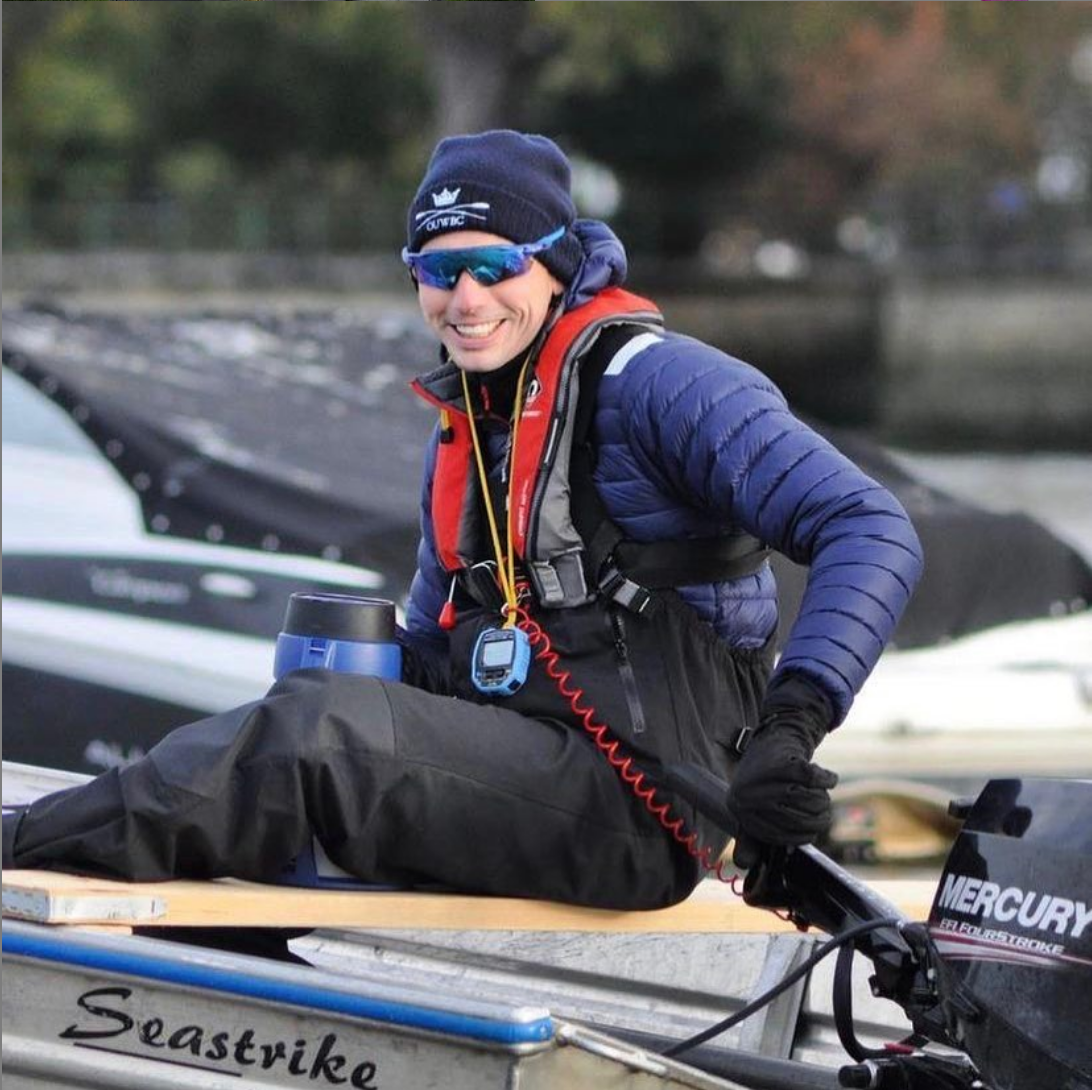
What does this program involve?
“It’s going to be over 18 months, it involves having a tutor who looks after me, a mentor who looks after me, and I then go on and watch other coaches and their athletes within their sports, and try and learn from some of that, and they can watch me and see if they can learn from me. My mentor and tutor come out and watch me and see if they can help me develop as a coach and think about how I am going about my daily business as such, whether it’s planning for sessions, during sessions, post sessions - what can I improve on? It’s also going to help me with things like preparing different types of training as well as looking back at how my coaching went in a session and where I can improve upon… They are setting us up with lots of chats with ex or current coaches of other programs; the head of British cycling gave us a chat about how they’ve gone through cycles, they gave us an hour chat on how coaching works for them, why they do it, what they get out of it… They’ve planned chats with lots of the coaches of sports to see if we can learn something from listening to them and how we can use their experience.”
How do you feel about someone coming to watch and critique you as a coach?
“I am not really bothered at all, it would be nice to have someone come and see what we do, and see what we’re coaching, and if they can potentially say something that will make me better, then perfect! They asked me ‘are you nervous’ and I said ‘no, I am not nervous, it’s just someone coming out on a launch to watch me’.” (A launch is powerboat that follows the rowers).
I want to stay coaching in clubs, that’s what I quite like. I love working at Imperial
Do you think there are other things in different sports that can help you become a better coach in rowing?
“I am sure there are some things. Maybe the mental side of things, the preparation side of things, potentially, or how you actually review sessions. I don’t know how it’s going to go, as they’ve said to us, ‘take it one day at a time and if you’ve got questions, ask as we go along’.”
What are your future plans after this course?
“I want to stay coaching in clubs, that’s what I quite like. I love working at Imperial, I’d love to be in charge of a program at some point in the future in rowing, and hopefully this program helps me get to that.”

